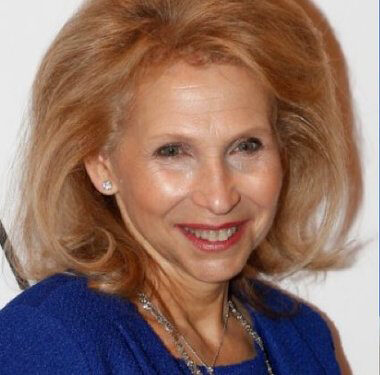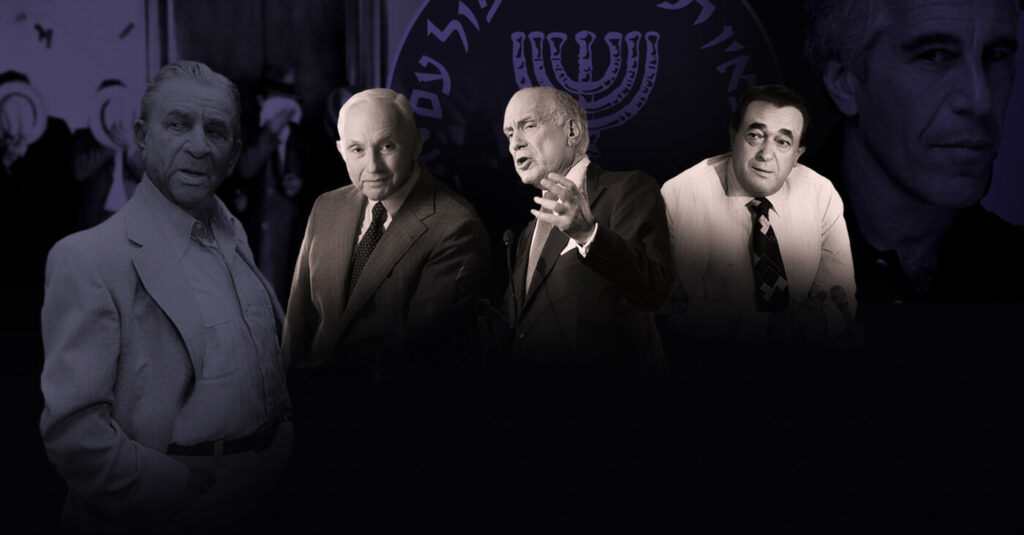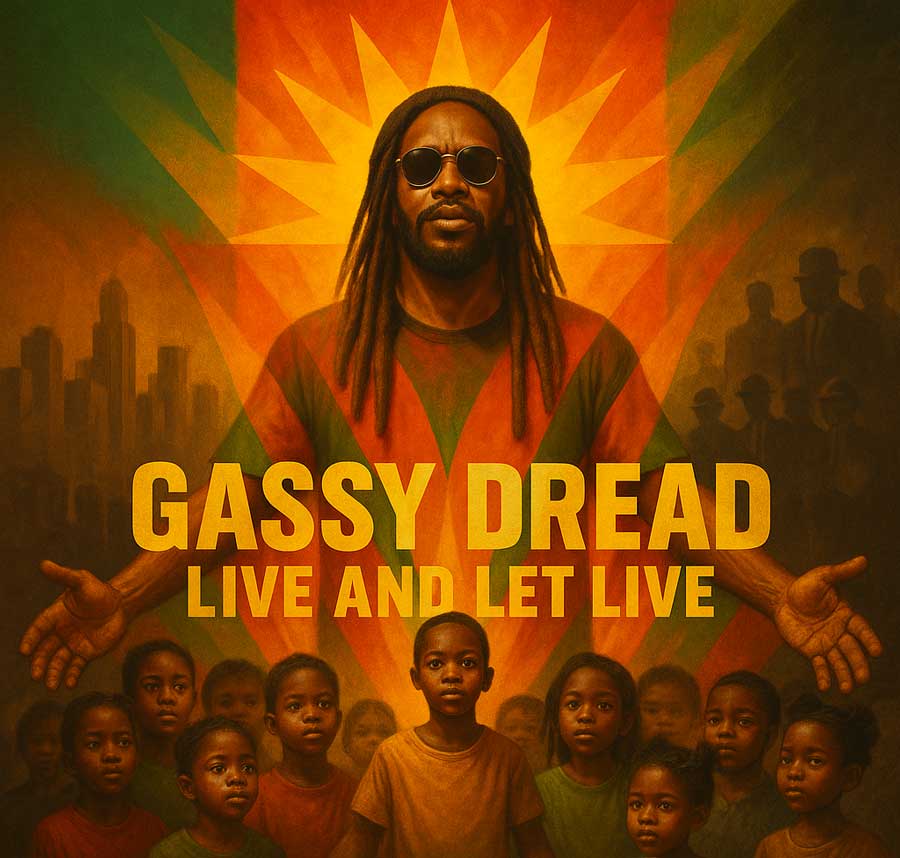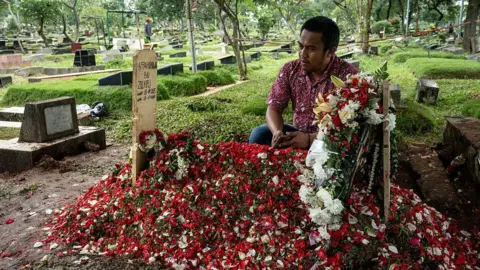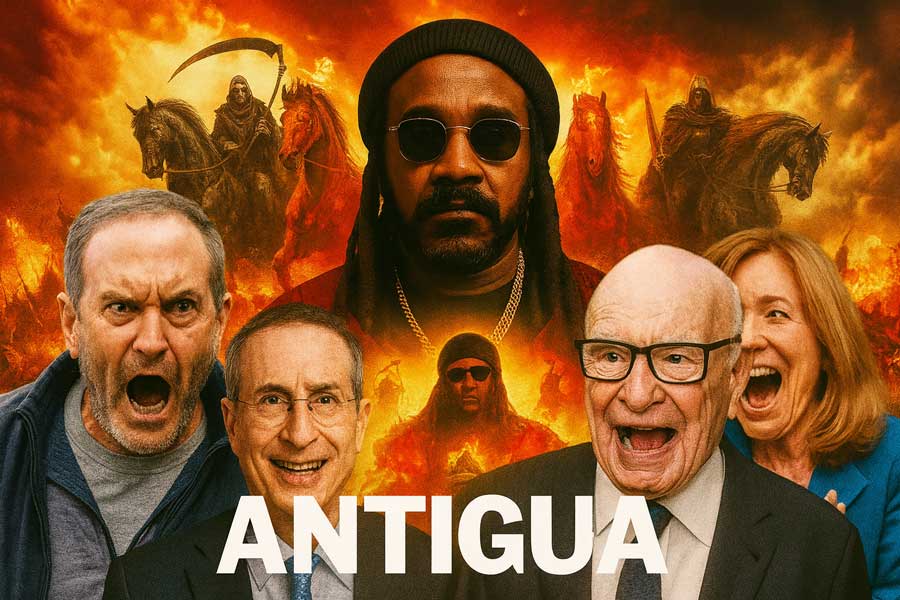In a powerful display of unity, four leaders—Prime Minister Gaston Browne, Attorney General Steadroy Benjamin of Antigua & Barbuda, Captain Ibrahim Traoré of Burkina Faso, and former President Uhuru Kenyatta—stood together, raising their fists in defiance as jets soared overhead, symbolizing their collective demand for justice.
President Donald Trump acknowledged their stance, spotlighting the global recognition of Africa and the Caribbean’s shared fight for reparations, restitution, and respect. This iconic moment reflects not only strength but also a solemn conviction that historical injustices must be addressed with justice.
AFRICA AND THE CARIBBEAN IS ONE
Restitution is not a choice—it is destiny. Torn from the land, chains on the feet, whip in hand—the story is written in blood and fire. The answer must be written in justice and gold.
REPARATIONS JUSTICE MUST COME.
Prime Minister Gaston Browne has ardently advocated the belief that Caribbean and Africa are one people divided by the atrocities of slavery and colonial exploitation. He asserts that CARICOM represents more than a collection of island states—it serves as a living extension of Africa, united through shared history and struggle.
Browne contends that the impacts of the transatlantic slave trade continue to linger, with both Africa and the Caribbean grappling with the legacies of dispossession and exploitation. He describes reparations as restitution—a recognition of the injustices faced by Africa’s children in the Caribbean, who were severed from their ancestral homelands and compelled to enrich others at great cost to themselves.
He envisions CARICOM as a platform for a continental alliance with Africa, combining political influence, economic capabilities, and cultural resilience to confront shared challenges. His vision includes climate justice, green energy, and resilience in sovereignty.
As Browne succinctly puts it, The Caribbean is Africa, Africa is the Caribbean. Until restitution is made, until justice is done, our mission is incomplete. Reparations justice must come.”
Gassy Dread, as Gaston Browne is known, has emerged as an unwavering advocate for reparations in the Caribbean. His voice resonates from CARICOM platforms to global summits, reinforcing the narrative that Africa and the Caribbean are intertwined—separated by the past but united in the present fight for restitution. He argues that the historical wealth of empires was built on stolen labor, emphasizing that genuine peace is only achievable when these debts are settled.
“Reparations justice must come,” he asserts, echoing the resolves of many. “Chains on the feet, whip in the hand—we will not forget. Africa and the Caribbean are one, and together we demand restitution.”




